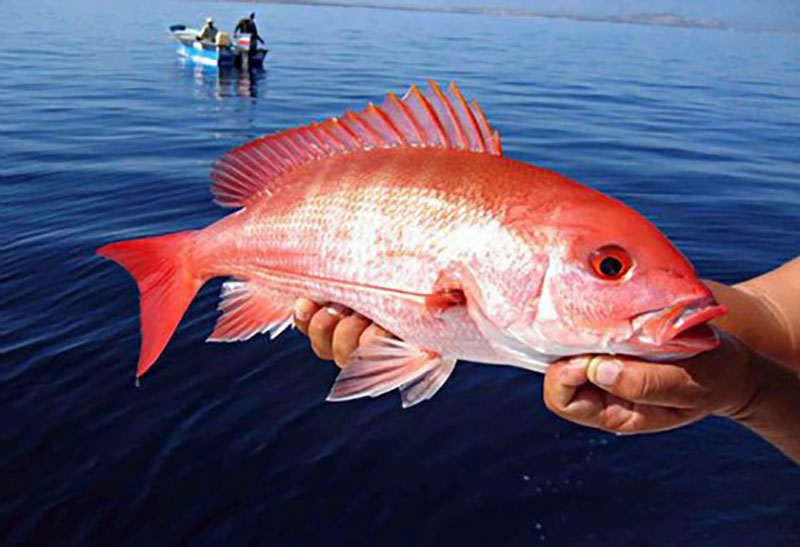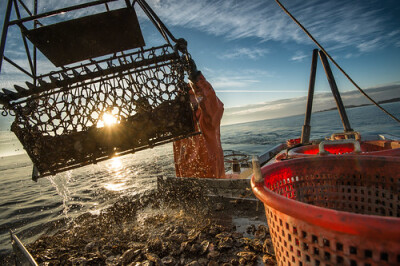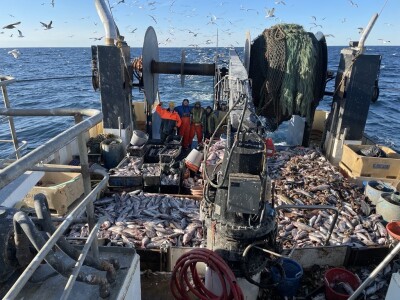In early February, New Orleans-based Fox affiliate WVUE broadcast a series aimed at demonizing commercial fishermen in the Gulf of Mexico, smearing a successful management story and the hardworking people who have built businesses that deliver wild, sustainably caught domestic seafood to American consumers.
FOX 8 WVUE New Orleans News, Weather, Sports, Social
At the Gulf of Mexico Reef Fish Shareholders’ Alliance, we are baffled and disappointed that reporter Lee Zurik teamed with a Washington, D.C., politician — Rep. Garrett Graves (R-La.) — to tear down a longstanding program that allows innovative fishermen to build profitable businesses and sustainable fisheries.
Thanks to a successful individual fishing quota program, red snapper access for all fishermen in the Gulf of Mexico has nearly tripled, and American seafood consumers now enjoy American red snapper on their dinner plates and in restaurants 365 days a year. There are more red snapper in the gulf now than there have been in decades, and they’re larger and being caught in more areas than before. Commercial fishing is more profitable, and fishermen are able to build stable business plans into the future. Young fishermen looking to enter the fishery are partnering with older fishermen who are looking for a graceful way to exit.
The truth is that this program has been a remarkable success that should be celebrated, not vilified.
Yet Zurik ignored all of that, and instead decided to pursue a dishonest and misleading storyline. In response to this biased approach, we would like to provide some information that Fox 8 New Orleans failed to divulge:
- The development of the IFQ program was a transparent and public process. The Gulf of Mexico Fishery Management Council — comprising 17 voting members, 16 of which are approved by the governors of the five gulf states – held dozens of public meetings where anyone could express their opinion and participate in the process.
- The initial allocation of fishing quotas was a public Gulf council decision and was based on fishermen’s historical participation in the fishery. The suggestion that this program was secret or that the federal government arbitrarily picked winners and losers in the fishery is absurd. Fishermen who had participated in the fishery and whose businesses depended on red snapper received a proportionately higher quota than those who were less dependent on red snapper.
- Commercial red snapper and grouper fishermen in the gulf pay a fee for the privilege of harvesting these fish for seafood consumers. Non-IFQ programs are not required to do this. Three percent of their gross income on every IFQ species must be reinvested in the program – this amounts to more than $4 million through 2015 with another $1 million (+/-) expected to be generated from the 2016 season.
- Prior to the IFQ program, the gulf red snapper population was near collapse, commercial fishing was less profitable and quotas were exceeded on a regular basis. Since this program was implemented, quotas for all fishermen — including recreational anglers in the gulf — have nearly tripled, commercial fishing is profitable again, and commercial fishermen have not exceeded their quotas.
- Allowing transferability of fishing quotas ensures that fishermen across the gulf can access quota for red snapper when they need more – either to fill an order for a good customer or when they find themselves catching more than they own. As a result of this, commercial fishermen work together to harvest between 96 and 99 percent of their quota every year.
- Rep. Graves is proposing a piece of federal legislation that would strip the commercial fishery from the protections afforded to it by the Magnuson-Stevens Fishery Conservation and Management Act, and legally allow state bureaucrats to eliminate the commercial red snapper fishery in 10 years. More than 40 commercial fishing and seafood organizations from throughout the United States, representing thousands of commercial fishermen and tens of millions of pounds of commercially important seafood, oppose this precedent-setting federal takeover.
We are disappointed that Fox 8 New Orleans relied on biased and unreliable sources to inform their attack on commercial fishermen in the Gulf of Mexico. Had they approached us in the beginning with an objective position, we would have been more than happy to explain how red snapper is an ongoing American seafood success story.
Read an update from the Gulf of Mexico Reef Fish Shareholders Alliance issued on March 1, 2017.







